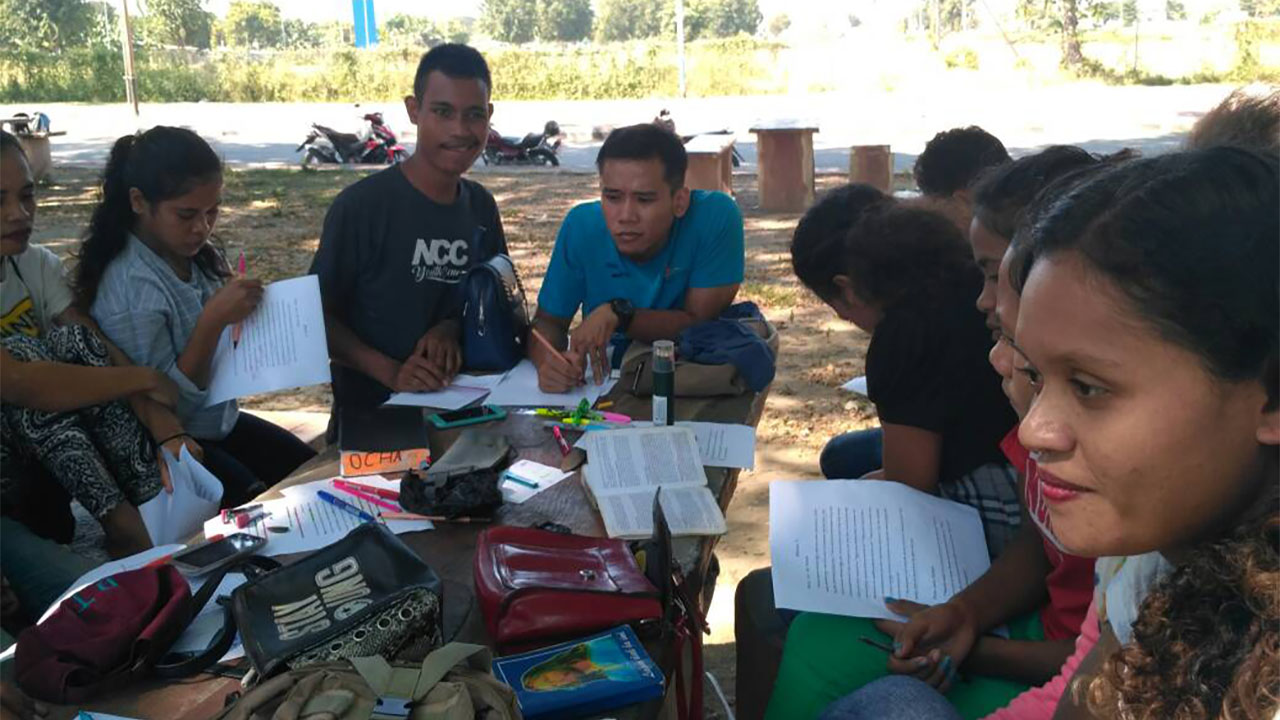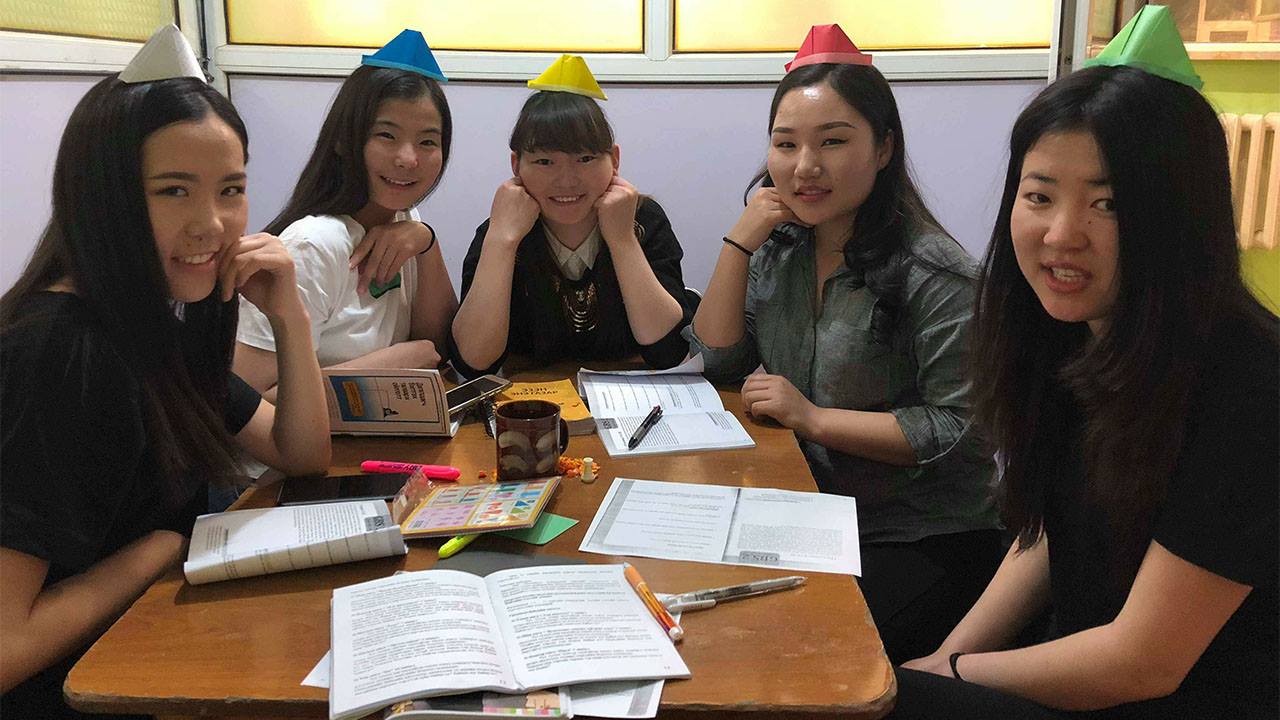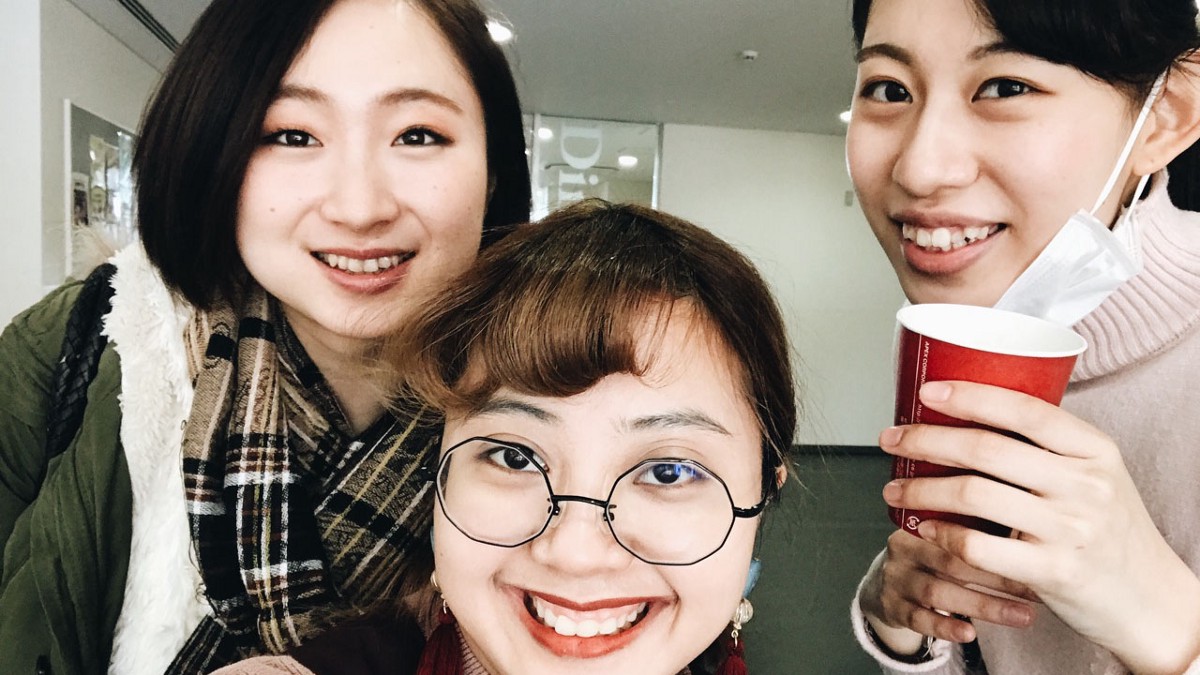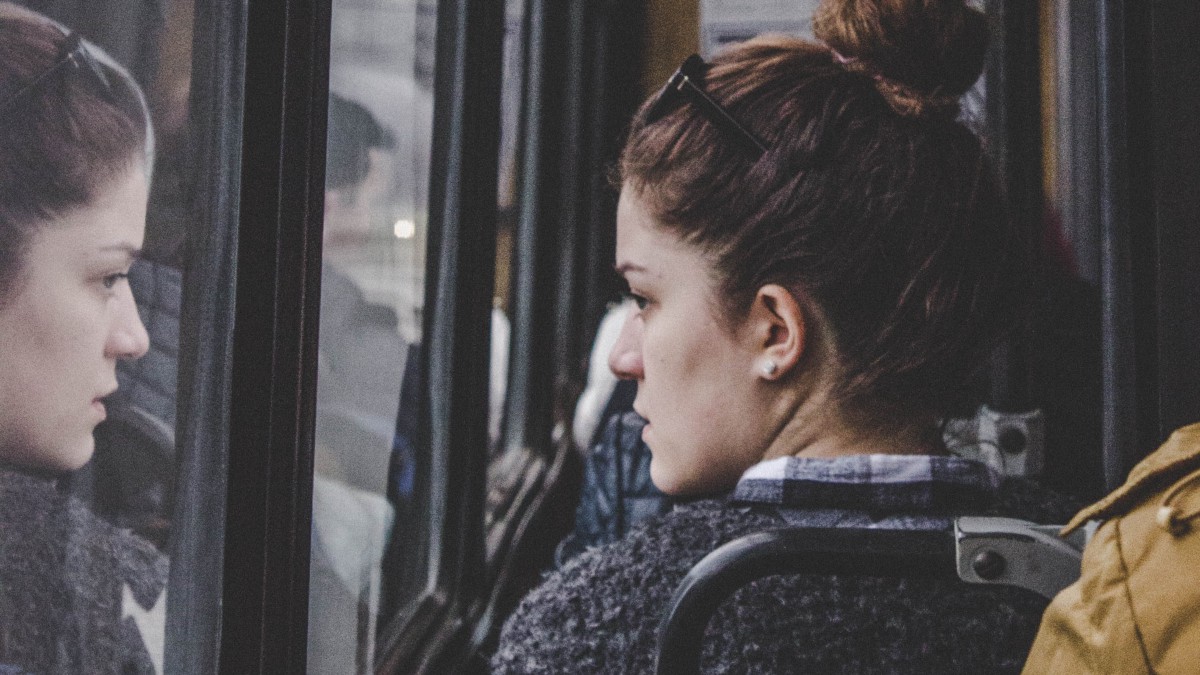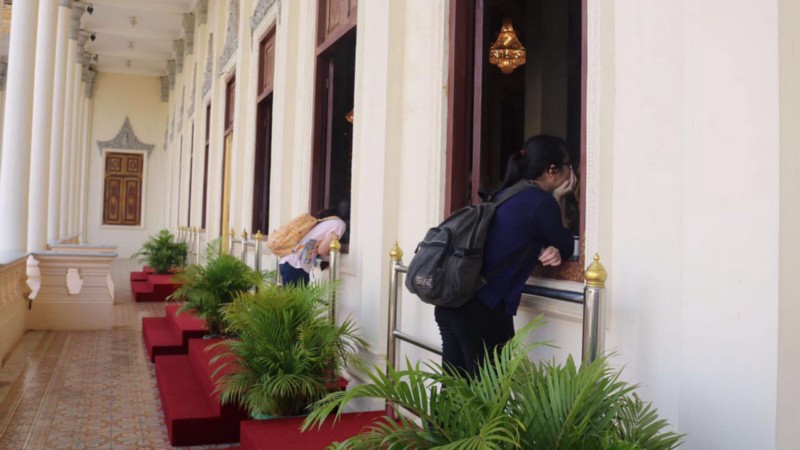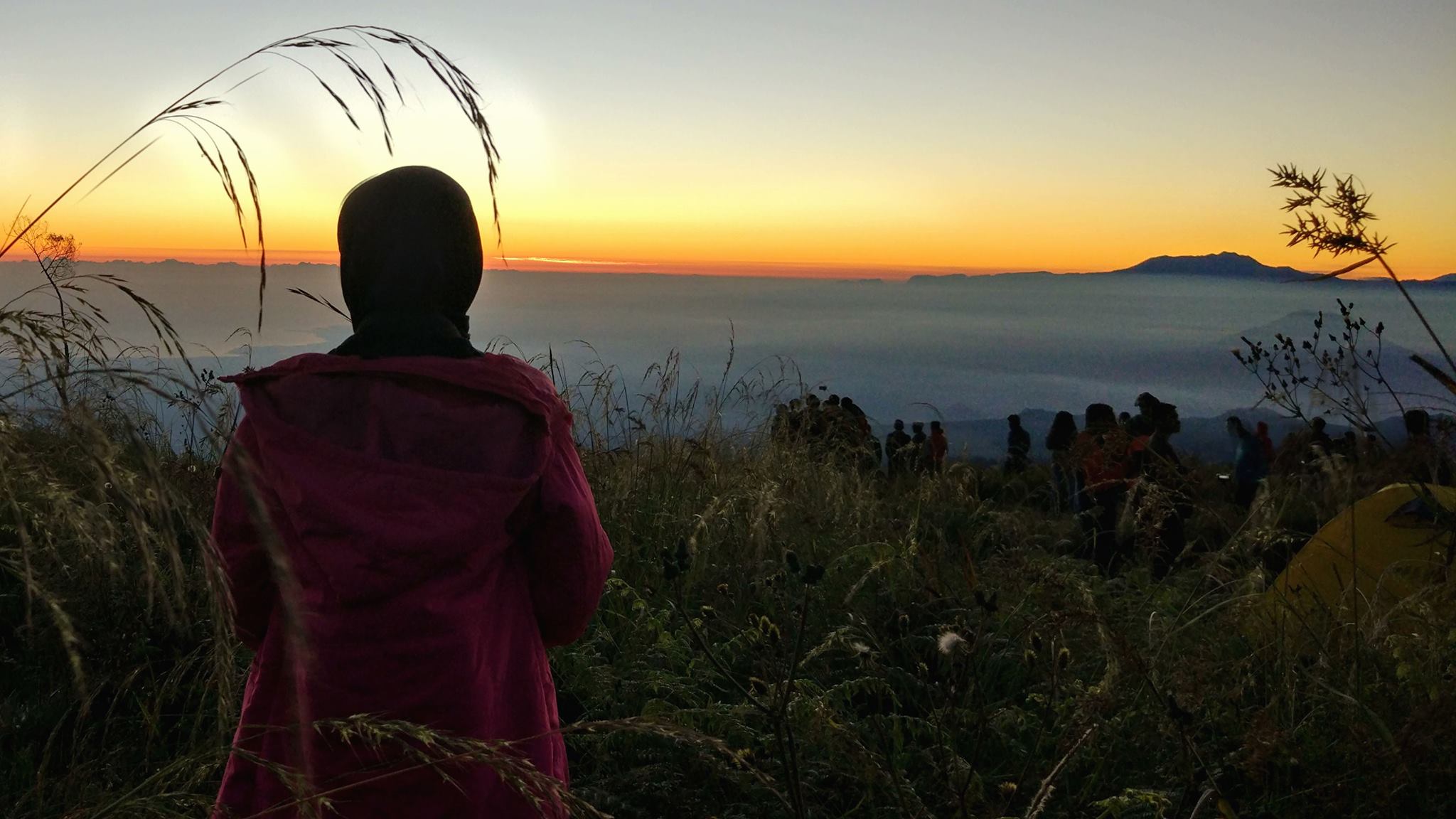Be an international student for Jesus
Global numbers of international students are soaring. Today, over five million students are studying away from their home country. Not only are the numbers staggering, so too is the range of countries these students come from — including many closed countries in the Middle East and Central Asia where there are very few Christians. If these students could come to know Jesus, the subsequent impact around the world would be tremendous.
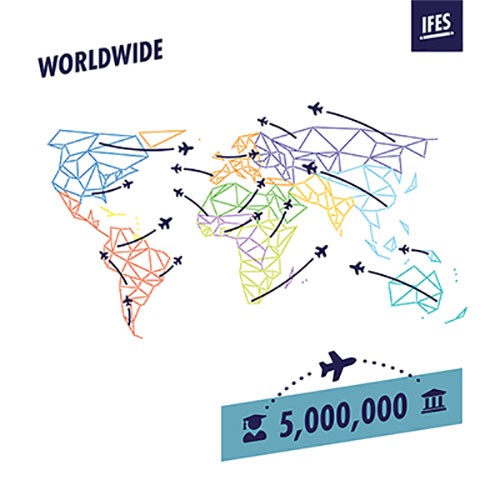
Arriving in Tokyo on that first day, I felt like a goldfish dropped into the ocean. I’d heard it was a big place. But it blew all my expectations out of the water. Everywhere I looked: people, cars, skyscrapers — on a scale I could never have imagined. And this was to be my home for the next three years… I wasn’t sure whether to laugh or cry.*
Just out of reach
Numbers of international students have grown so quickly that, in almost every case, the local church has not been able to keep up. International student ministry (ISM) is vastly under-resourced globally, and therefore most international students remain unreached. The few ISM workers who are serving are usually hugely outnumbered. In China, for example, it’s been estimated that for every ISM worker there are 25,000 international students.
Many churches would like to do ISM, but just don’t have the resources to invest much into developing this growing mission field. The language and cultural barriers mean that international students usually struggle to engage with regular church ministry. Furthermore, in some countries, welcoming foreigners attracts unwanted attention from the government and can put the church in danger.
International students may be right on their doorstep, but they can still prove to be just out of reach.

The obvious solution
When I first arrived from Kazakhstan I could hardly speak any of the local language. I could just say ‘hello’, ‘how are you?’ and ‘I don’t understand.’ I used that last phrase a lot in the first few months. I enrolled in a year-long intensive language course: lessons all morning and private study all afternoon. As a class we got to know each other really well. There were 12 of us, and no two students were from the same country: Laos, Eritrea, Germany, Indonesia, the Philippines, Vietnam, Russia, Kyrgyzstan, Ghana, Rwanda and New Zealand. One time we had to give presentations in class about a festival we celebrate and the guy from Ghana spoke about Easter. I’d never heard what Christians believe before. It really got me thinking. That student became a close friend.*
Culturally and linguistically, a Ghanaian and a Kazakh might have little in common. But in a country which is alien to both of them, they’re in the same boat. The student from Ghana might not be called to mission here long-term. He might not be particularly gifted at languages. But he might be the only Christian that Kazakh student knows. He has an amazing opportunity to touch the lives of his classmates and dormitory simply by living and studying wholeheartedly for Jesus.
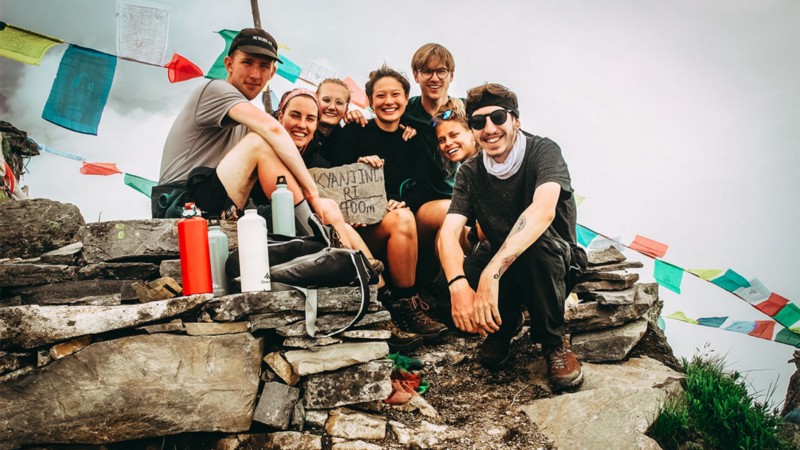
Why not me?
Christian student Sam** from the US decided to do his two-year Master’s program in East Asia. He shared his experience:
“It’s really been organic in developing honest and authentic relationships with people I’m going to school with and live with. That’s something anyone could do. There are really great opportunities to learn, and also to meet people from all over the world. My classmates are from 20 different countries, and my dorm has students from many places where the gospel is not known. And this city is a really fun and exciting place to be.”

We need more students around the world to give up a year or two to go and reach a few from this vast harvest field. Arguably the best placed people to reach international students are other international students. Whether it’s to learn the language for a year, or to take part in an exchange program for a semester, or even to do further post-graduate study — there are plenty of course options in different cities around the world, and many of these come with full scholarships. Those classmates will need friends — and particularly friends who can tell them about Jesus.
Too many of us are asking ‘why me?’ Perhaps a better question would be ‘why not me?’
Talk to your national movement if you’d be interested in finding out more.
For further reading related to this subject, read Phil Jones’ article ISM in Reverse.
* based on true stories
** name changed





